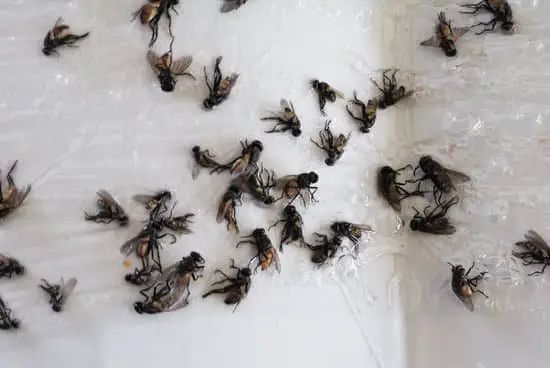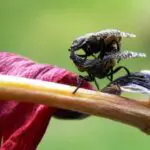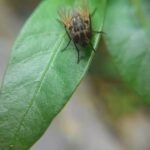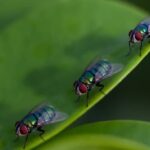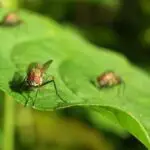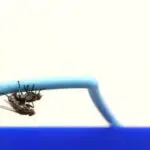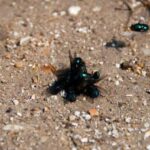How Do Flies Affect the Ecosystem?
Flies are a major part of the ecosystem and their absence can affect many other creatures. When populations decline, there is a reduced supply of food for many animals, and this can threaten animals higher up in the food chain. Even though flies are considered a nuisance in many places, they are extremely important for the ecosystem. They feed on organic matter, transmit pathogens, and are a vital part of the food chain. Their complex biology allows them to survive and persist in their environment.
Flies are widespread and often associated with aquatic ecosystems. In fact, almost one-third of all flies are aquatic, and aquatic flies serve as keystone species. Their larvae alter the aquatic ecosystem by modifying its conditions. Additionally, they can be the sole or major food source for other organisms.
Most species of flies lay eggs, although some of them retain them in their bodies and give birth to larvae. Some species of flies are extremely specific about where to lay their eggs, such as filth flies that oviposit on manure. These mass ovipositions cause large egg clusters and concentrations of larvae.
Flies also help to break down organic matter and make it easier for microbes to digest. While most animals won’t rely on decaying matter as their sole source of food, flies and their larvae are important to the ecosystem by breaking down organic matter. They also feed on fecal matter and rotting carcasses. This helps to maintain the balance of the food chain and prevents a build-up of waste and fecal matter.
